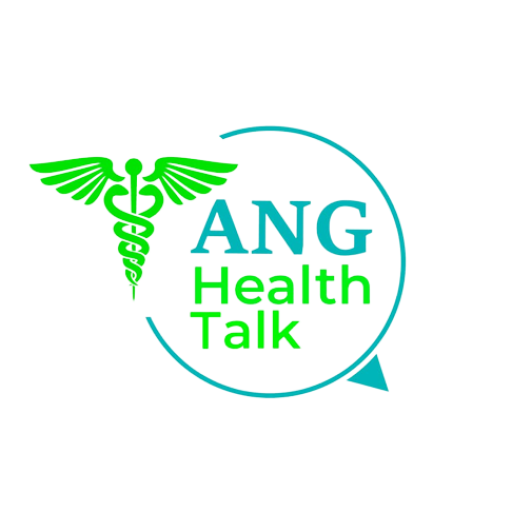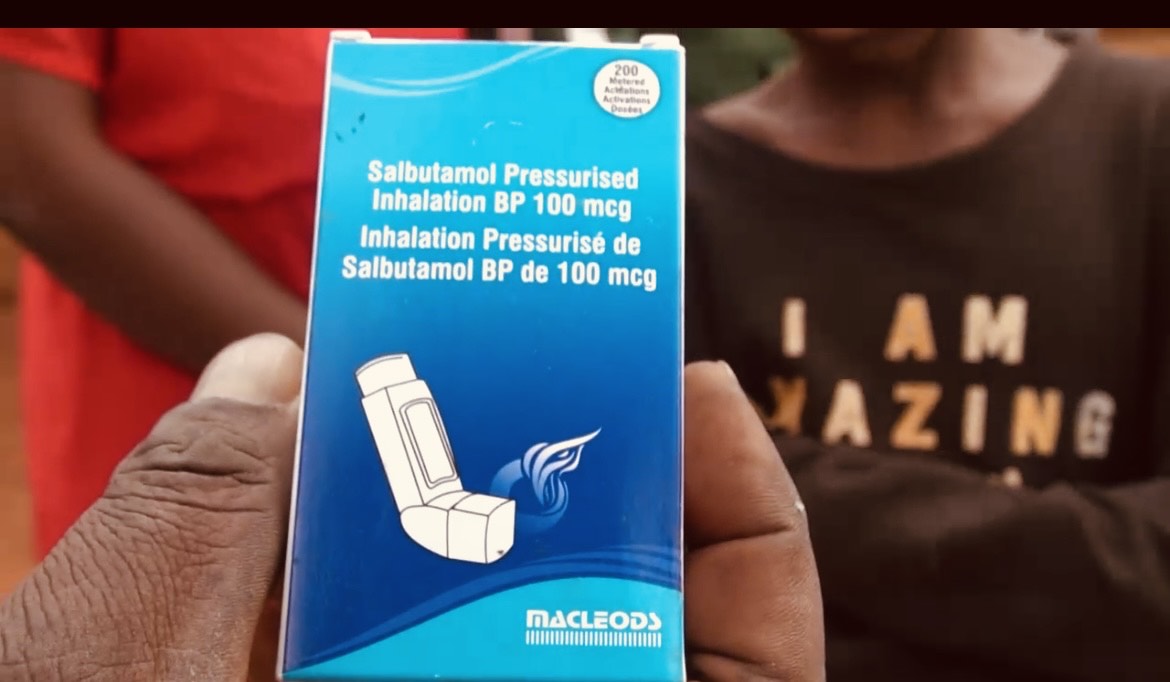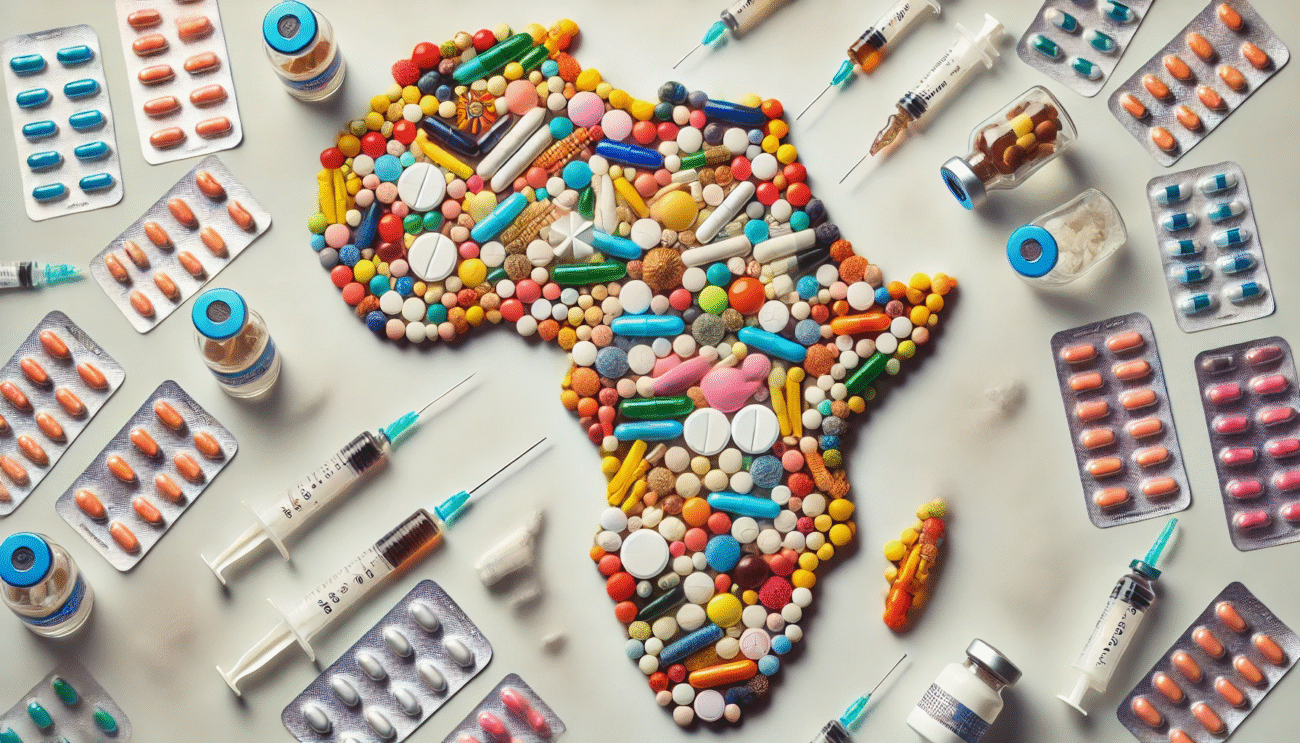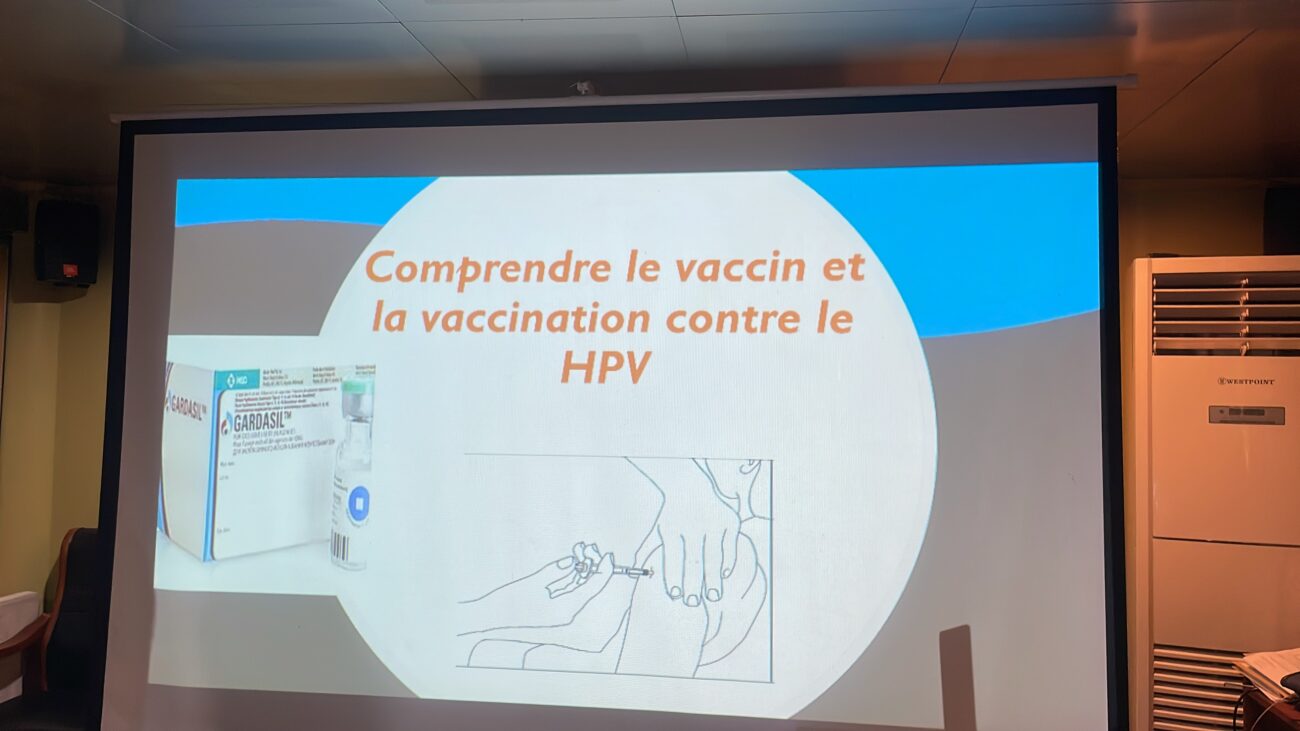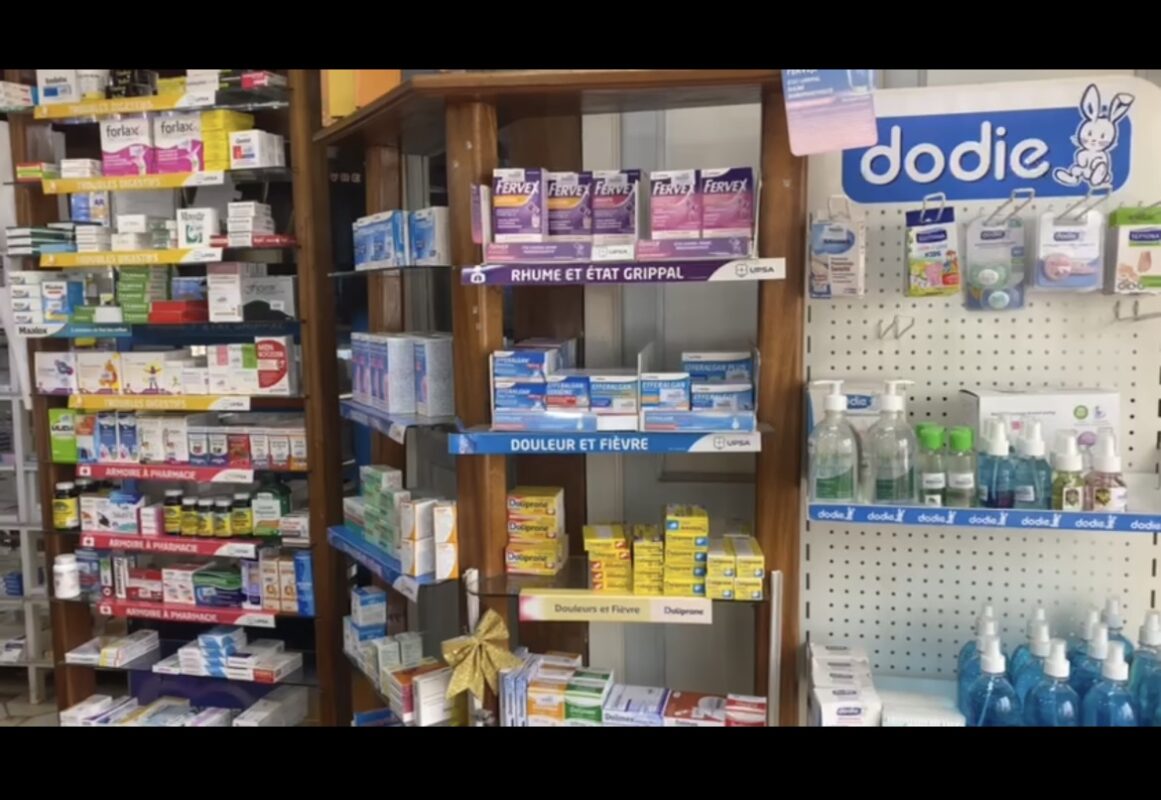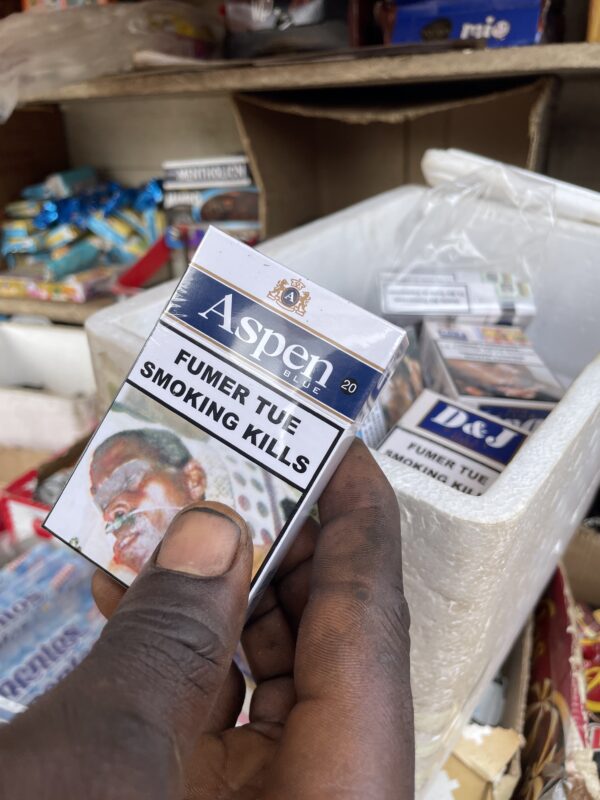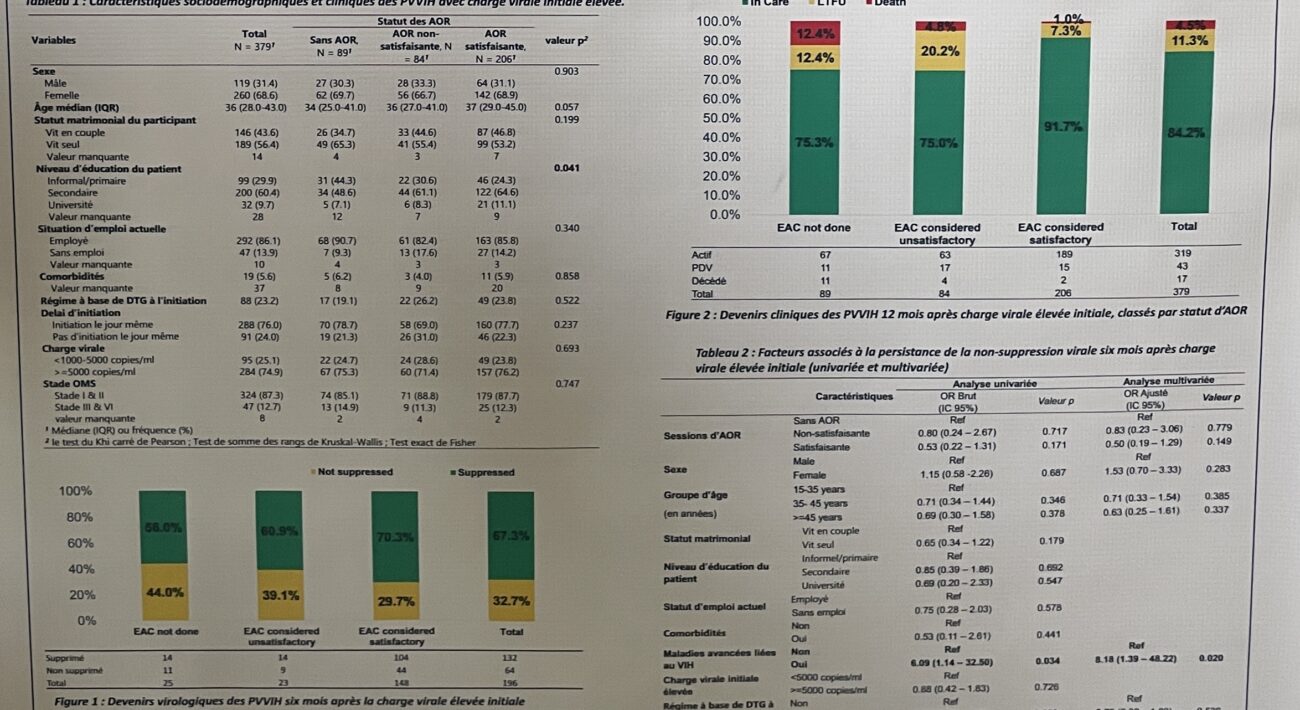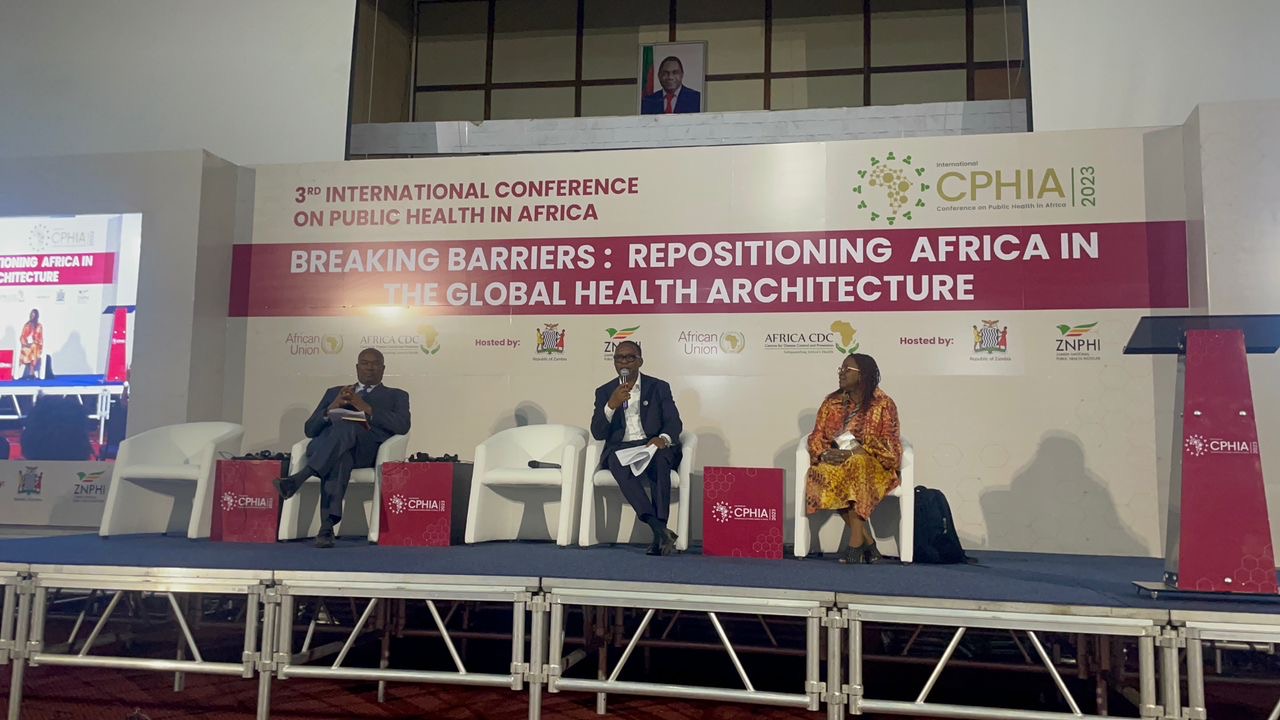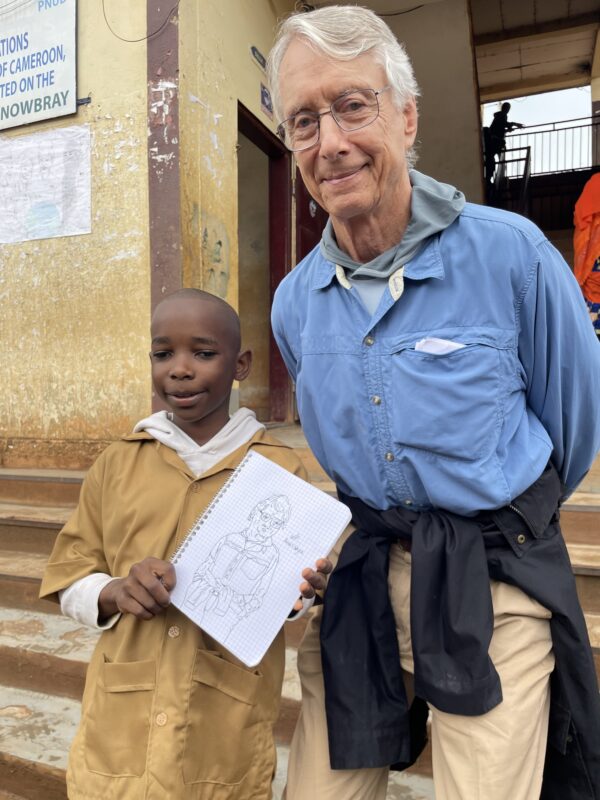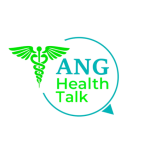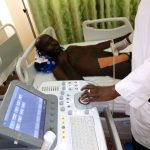Authorities in Cameroon have struck a blow against the shadowy world of counterfeit drugs!
On August 18, 2024 a network specialized in the recycling and manufacturing of fake medicines was dismantled in Mbouda, located in the Bamboutos division of the West Region.
During the crackdown, over 48 cartons of fake pharmaceuticals, including oral and injectable medications, were found in the clandestine factory.
This is part of a major search operation launched several months ago by the Western Customs department, under the leadership of Sadou Oumarou, service head.
The initiative is part of a broader strategy to track down and eliminate illicit drug trafficking networks that are a risk factor to the well-being of Cameroonians.
However, the culprits behind this dangerous act are currently on the run, with law enforcement officials urging the public to assist in bringing them to justice.
“Our collaborators on the front are vigilant and are following up to ensure that the perpetrators are caught. At the same time we are carrying out search operations in the field and we are calling on the locals to collaborate with us. This is because it is inadmissible that things like this happen without their knowledge.” Says Sadou Oumarou, chief of the West Customs Department.
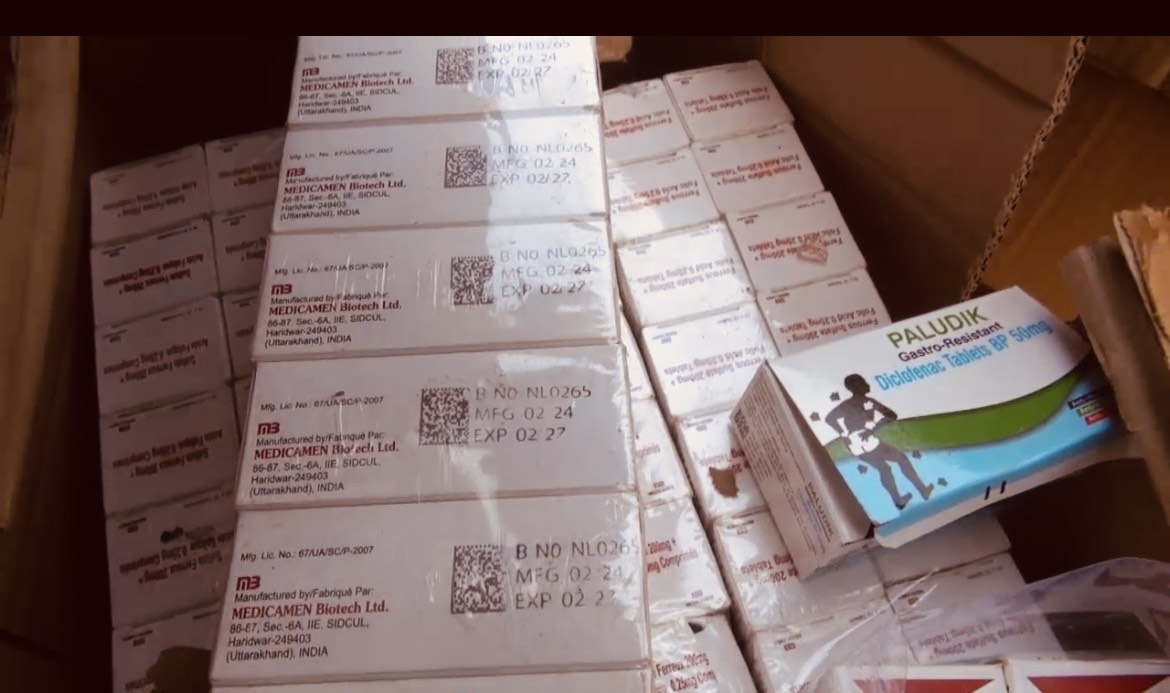
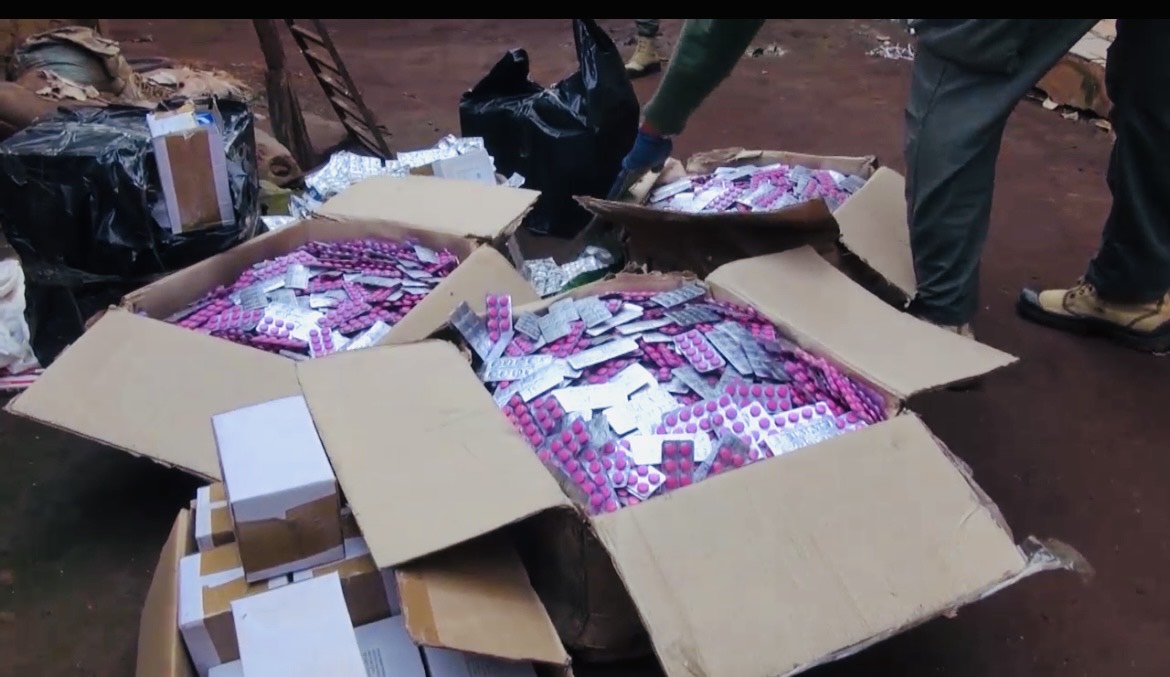
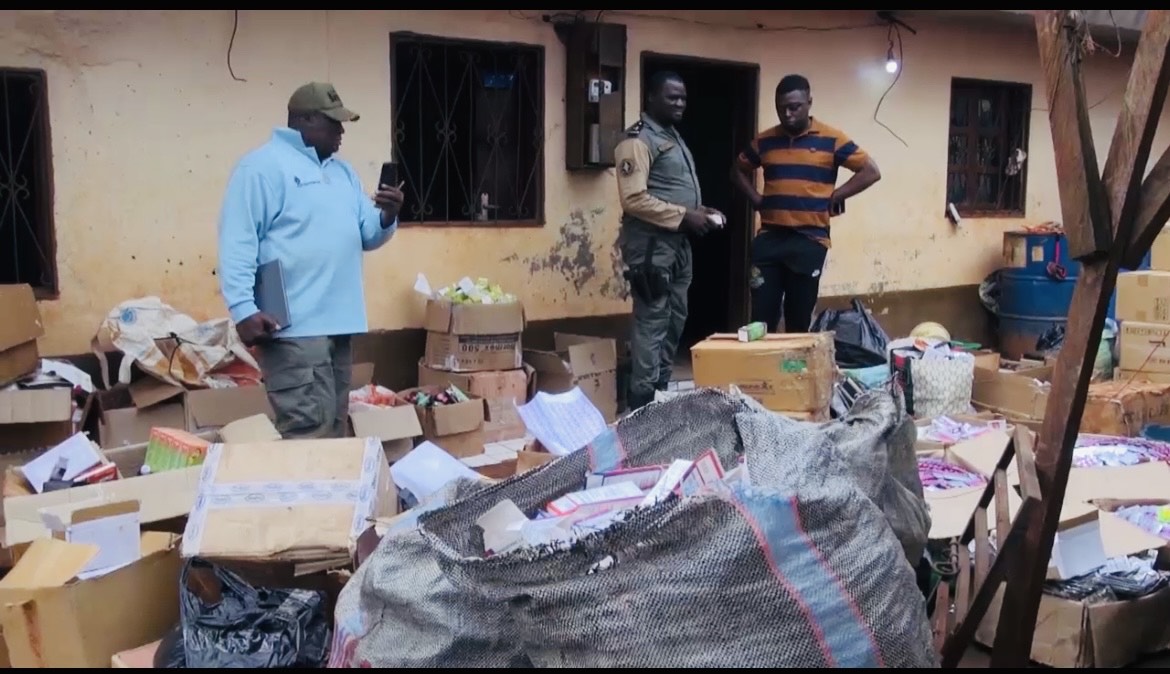
Substandard &Falsified Medicines: A Public Health Threat!
Substandard and falsified(S.Fs) medicines remain a grave public health threat in Africa. A WHO report in 2023, showed half a million people die every year in Sub-Saharan Africa due to SF complications.
The fight against this ill in Cameroon has been daunting with the nation grappling with a more than twenty-one percent prevalence rate.
Statistics from the department of Pharmacy, Drugs and Laboratories show over three billion counterfeit drugs have been seized in recent years.
According to the head of the department, Dr Yaba Dana Basil, 80 individuals connected to the sale and distribution of these illicit products are being prosecuted.
Well, fake drugs often lack the necessary active ingredients, or worse, contain harmful substances that can lead to serious health complications or death. It also has a great impact on the finances of the patients who keep spending money on treatment.
S.Fs are often indistinguishable from genuine ones, however, it is believed that patients or consumers can play a vital role in the fight against these low standards medications.
John Paul Omollo, a Global Health Specialist, says people have to portray self vigilance by identifying packaging errors, unusual textures, and reporting any unexpected side effects to their physicians.
But there is a glimmer of hope amidst the chaos as African countries are coming together through initiatives like the African Medicines Regulatory Harmonization initiative.
This has led to the establishment of the African Medicines Agency(AMA) that plays a crucial role in coordinating efforts, fostering domestic production, and facilitating trade, ensuring that Africans have access to safe, effective, and affordable medicines.
Medical Products Regulation in Cameroon
To ensure that safe and effective medicines are available for Cameroonians, the government established laws and regulations, such as Law 1990/035 organizing the pharmacy profession.
There is also the 1998 presidential decree on drug approval, and various decrees and orders that specify procedures for pharmaceutical regulation.
However, alongside these texts, are institutions that carry out actions to ensure effective regulation under the banner of the Ministry of Public Health.
One of these technical structures is the department of Pharmacy, Drugs and Laboratories that handle drug approvals, pharmaco-vigilance, issuing of licenses for pharmaceutical distribution, medical device establishments, medical laboratories, and pharmaceutical production facilities.
Additionally, the Division of Operational Health Research for clinical trials, and the General Inspectorate of Pharmaceutical Services and Laboratories for pharmaceutical inspections, among others.
In the meantime there are several challenges that hinder the effectiveness of these facilities. From outdated laws and regulations, to counterfeiting, illicit drug sales, and an increasingly complex market surveillance. Corruption also continues to impact services allowing unauthorized drugs to be imported.
Despite these challenges, Cameroon’s President, H.E Paul Biya ratified the AMA treaty on August 20, 2021, joining other African states in setting up a plan with a goal to achieve level 3 maturity in pharmaceutical regulation by 2063.
” We are advancing on this front and are even exploring how Cameroonians can hold significant positions within the African Medicines Agency. ” says Dr. Yaba Dana, director of the department of Pharmacy, Drugs, and Laboratories.
Since the President ratified the treaty, Dr. Manaouda Malachie, Cameroon’s Minister of Public Health, has prioritized the establishment of a Cameroonian Medicines Agency. This agency will consolidate all regulatory functions to address the challenges of pharmaceutical regulation more effectively.
